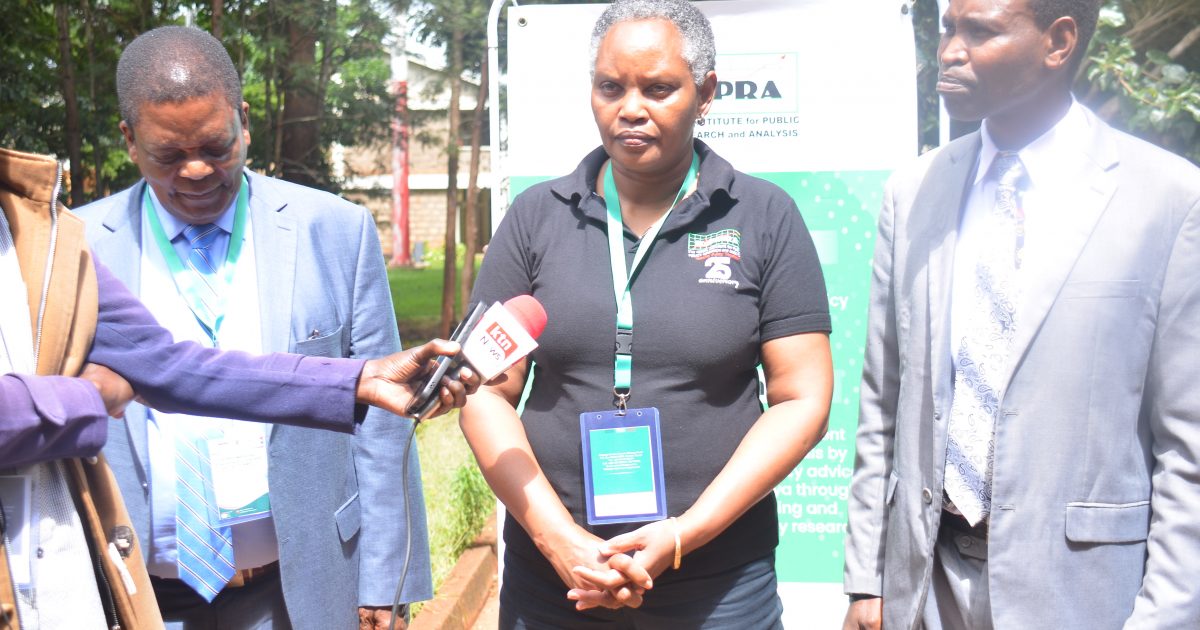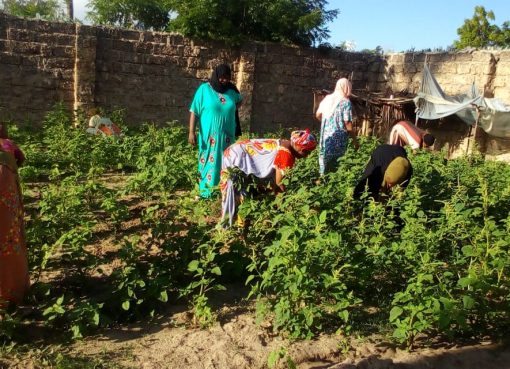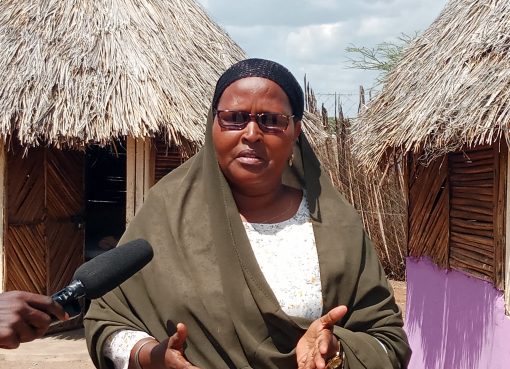Kenya Institute of Public Policy and Research Analysis (KIPPRA) is investing in University and Technical, Vocational and Education Training (TVET) students for future policy making decisions in the country.
Speaking during a two-day mentorship programme held at Meru University of Science and Technology, the institutes’ Executive Director Dr Rose Ngugi said Meru was the 21st university to be visited by the institute so far, and they were hoping to visit more in future.
She said during such visits, they talk to students and take them through various aspects such as ensuring that they understand how the public policy making process happens as well as giving them a clear picture of where they can contribute.
“It doesn’t mean that because they are students, they are not stakeholders. They can actually bring agenda for policy making process from their participation even in public affairs in their Counties,” said Dr Ngugi.
She added that they also bring in government institutions that deal with youth affairs in such forums to make the young people understand that they can be entrepreneurs, through funding the institutions.
Professor Eustace Mwenda who represented Meru University’s Vice Chancellor Professor Romanus Odhiambo said they were delighted to host the KPPRA fraternity for a two-day event on mentorship which will also help their learners a great deal.
“In Meru University of Science and Technology, we basically have three roles including trainings, research and community service,
This marries very well with what KIPPRA is doing particularly research and community service,” said Professor Odhiambo.
He said the KIPPRA mentorship programme for universities and TVETs is a testament to their commitment to nurturing the next generation of leaders.
“By fostering linkages between academia and public policy making, this programme not only equips students with the necessary skills but also empowers them to contribute meaningfully to our national development agenda,” said Professor Odhiambo.
He added: “So, we are very happy to be part of this training and we know that working together our nation will accomplish many of its missions and visions especially policy-based and even what government is focused on at this particular time”.
KIPPRA Board Chairman Professor Benson Ateng said the institute was envisaging a good working relationship between Universities and TVETs, in order to add value to the kind of advice that KIPPRA and the institutions give to the government as far as policy making process is concerned.
He said for a long time, universities have been taken as ivory towers and but they want to move away from that perception to prove to the common person that universities are important institutions that also add value to the development process of our government.
“We believe that the universities can also contribute to the work that KIPPRA is doing and that is why we are here with them.”
We also believe that not only the staff of the university but also the students can make a significant contribution to the development process and that is why we have this mentorship programme so that the students get involved in the public policy making processes while they are still students.
When they graduate, they will be much more effective in their contributions,” said Professor Ateng.
He added: “Our contributions don’t stop there as we have a programme where young professionals that we take in are with us for a period of one year during which they polish their research skills and the way they write papers so that when they go out, they become much more effective than they would be if they didn’t go through the process.”
In addition, Professor Ateng added,” We have a club that we form with the university students and through these, they invite us to build capacity in many areas including understanding public finance management process, making proposals in issues they want to table that can be considered in the budget process, and in that we have seen them grow and mature in the policy process”.
By Dickson Mwiti





